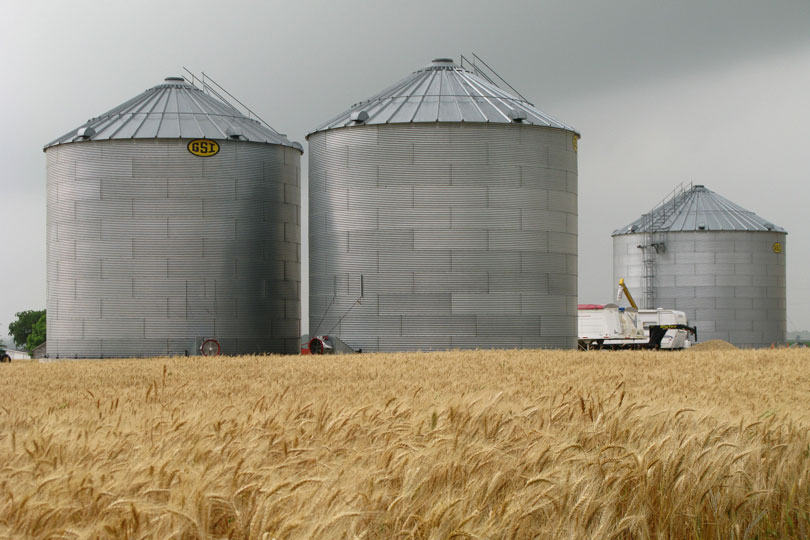By Justin Walker
Communications Specialist
The U.S. Department of Agriculture (USDA) announced last week it will not regulate plants modified through genome editing.
Under its biotechnology regulations, USDA does not regulate or have any plans to regulate plants that could otherwise have been developed through traditional breeding techniques, as long as they are not plant pests or developed using plant pests.
“With this approach, USDA seeks to allow innovation when there is no risk present,” U.S. Secretary of Agriculture Sonny Perdue said in a statement. “At the same time, I want to be clear to consumers that we will not be stepping away from our regulatory responsibilities. While these crops do not require regulatory oversight, we do have an important role to play in protecting plant health by evaluating products developed using modern biotechnology.”
Perdue said the department has taken this role very seriously for 30 years and will continue do to so as USDA works to modernize regulations.
Genome editing expands traditional plant breeding tools by introducing new plant traits quicker and more precisely.
According to an article by Wired, the announcement by USDA could save time and money when developing designer plants.
“Having this consistent position enables smaller companies and academic labs to form this ecosystem of innovation to bring options to consumers,” Federico Tripodi, CEO of Calyxt, a Minnesota-based biotech that has already developed soybeans that produce oil low in trans fats that can be cooked at high heat, said in an interview with Wired.
The announcement did not specify if labeling would be required for gene-edited plants.
Perdue said these innovations and advancements will help farmers meet consumer expectations.
“Plant breeding innovation holds enormous promise for helping protect crops against drought and diseases while increasing nutritional value and eliminating allergens,” Perdue said. “This new innovation will help farmers do what we aspire to do at USDA: Do right and feed everyone.”
The American Farm Bureau Federation has been working closely with USDA and the administration to send the appropriate signals to plant breeders and international partners about the value and need for this innovative technology in agriculture.

